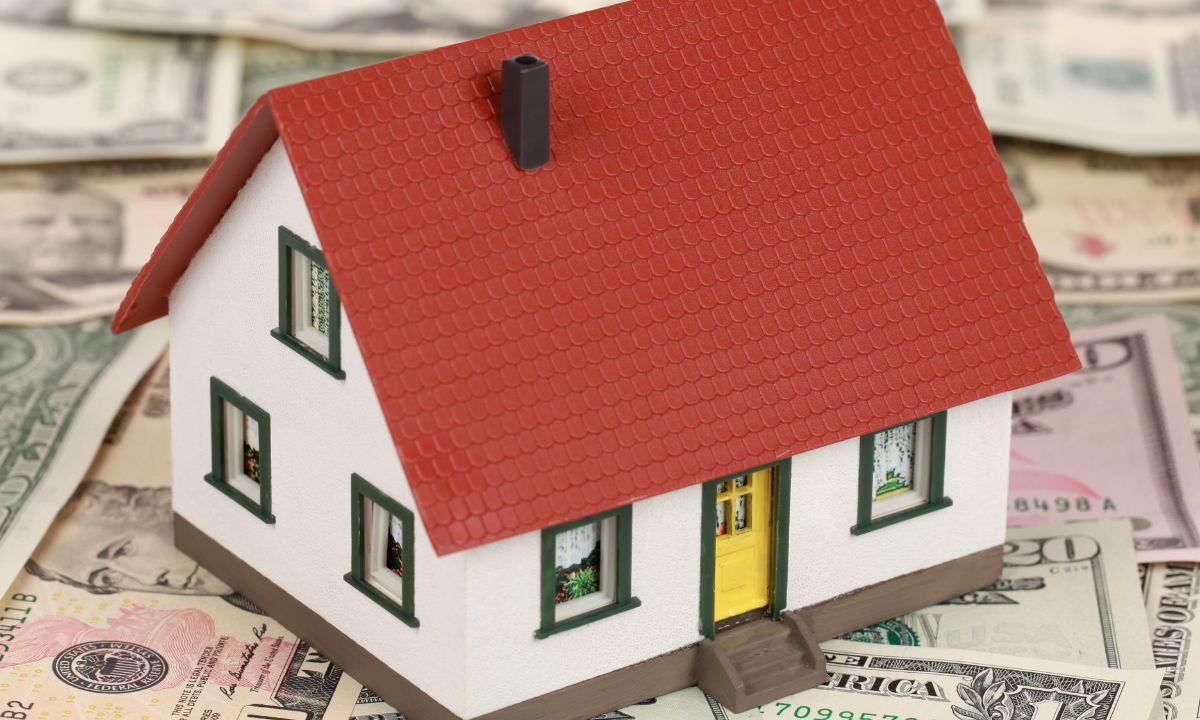 Are you tired of pouring your hard-earned money into rent payments every month, only to see it vanish into thin air? Have you ever considered that homeownership might be the key to escaping the rent trap and building wealth for your future? We will explore how homeownership can be a powerful wealth-building tool compared to renting.
Are you tired of pouring your hard-earned money into rent payments every month, only to see it vanish into thin air? Have you ever considered that homeownership might be the key to escaping the rent trap and building wealth for your future? We will explore how homeownership can be a powerful wealth-building tool compared to renting.
Building Equity: The Foundation of Wealth
One of the most compelling reasons to consider homeownership is the opportunity to build equity. Unlike renting, where your monthly payments simply cover the cost of living in a property owned by someone else, each mortgage payment you make as a homeowner contributes to your ownership stake in your home. Over time, this equity can grow substantially, serving as a valuable asset that can be leveraged in various ways, such as through home equity loans or lines of credit.
Stability and Predictability
Rent prices can fluctuate unpredictably, leaving renters vulnerable to sudden increases that strain their budgets. In contrast, homeownership offers stability and predictability in housing costs. With a fixed-rate mortgage, your monthly payments remain consistent throughout the life of the loan, providing a sense of financial security and allowing for better long-term planning.
Investing in Your Future
When you rent, you’re essentially helping your landlord build wealth through their property investments. However, by becoming a homeowner, you shift from being a renter to being an investor in your own future. Every mortgage payment brings you one step closer to full ownership of your home, giving you a valuable asset that can appreciate over time and serve as a foundation for financial stability and growth.
Tax Benefits
Homeownership also comes with significant tax benefits that can further enhance its wealth-building potential. Mortgage interest and property tax payments are often tax-deductible, reducing your taxable income and potentially resulting in substantial savings come tax time. These deductions can help offset the costs of homeownership and provide additional financial flexibility.
Legacy and Generational Wealth
Beyond its immediate financial benefits, homeownership can also be a means of creating a lasting legacy for future generations. By owning property, you have the opportunity to pass down wealth and assets to your children and grandchildren, providing them with a solid foundation for their own financial futures.
While renting may offer short-term flexibility, homeownership stands out as a powerful wealth-building tool with numerous long-term advantages. By investing in a home of your own, you’re not just paying for shelter – you’re investing in your future, building equity, and laying the groundwork for a more secure and prosperous financial life. So why wait? Take the first step towards escaping the rent trap and building equity through homeownership today.
 The amount of equity you can borrow from your house depends on several factors, including the current market value of your home, the amount you owe on your mortgage, and your credit score.
The amount of equity you can borrow from your house depends on several factors, including the current market value of your home, the amount you owe on your mortgage, and your credit score.
